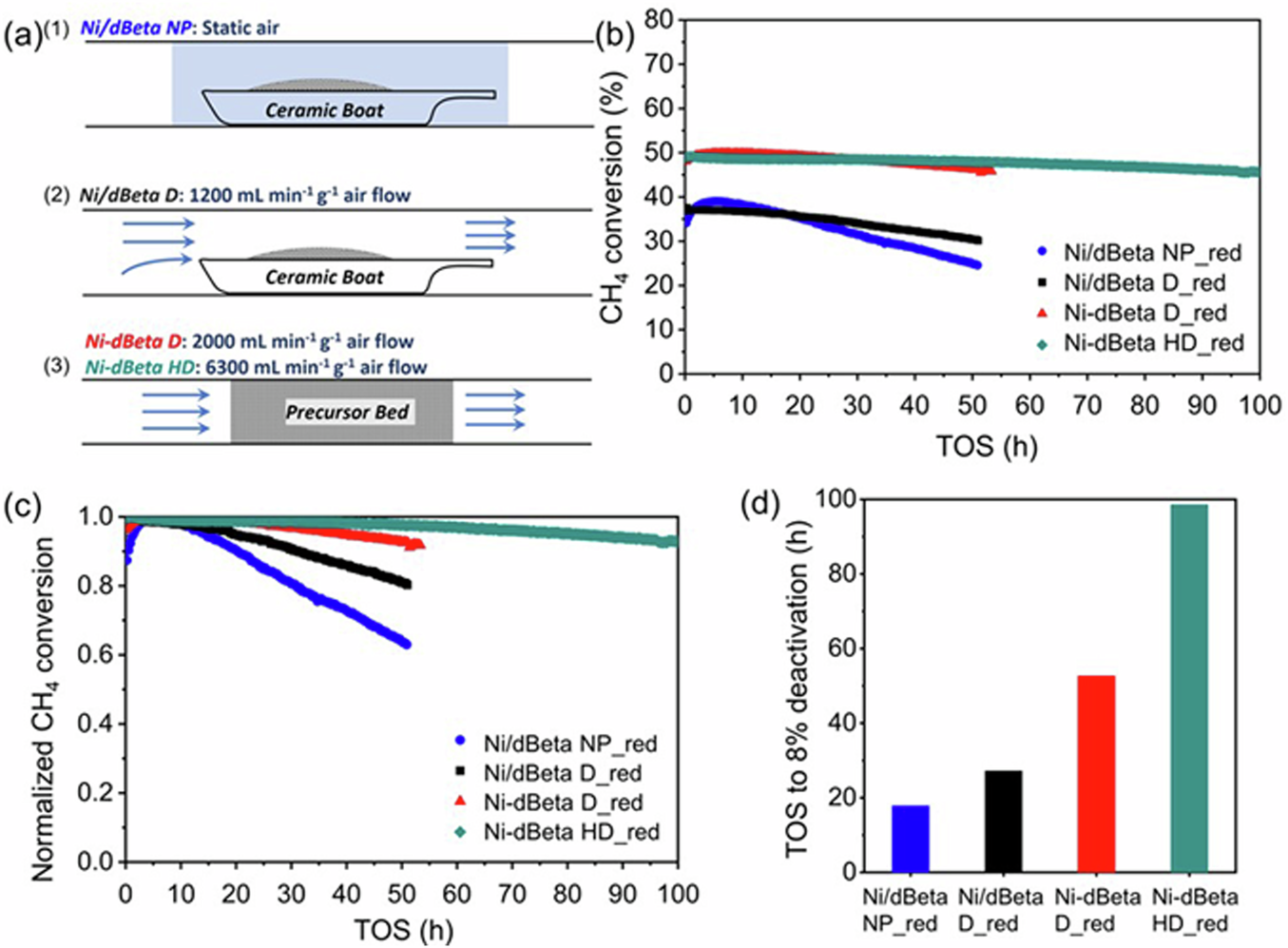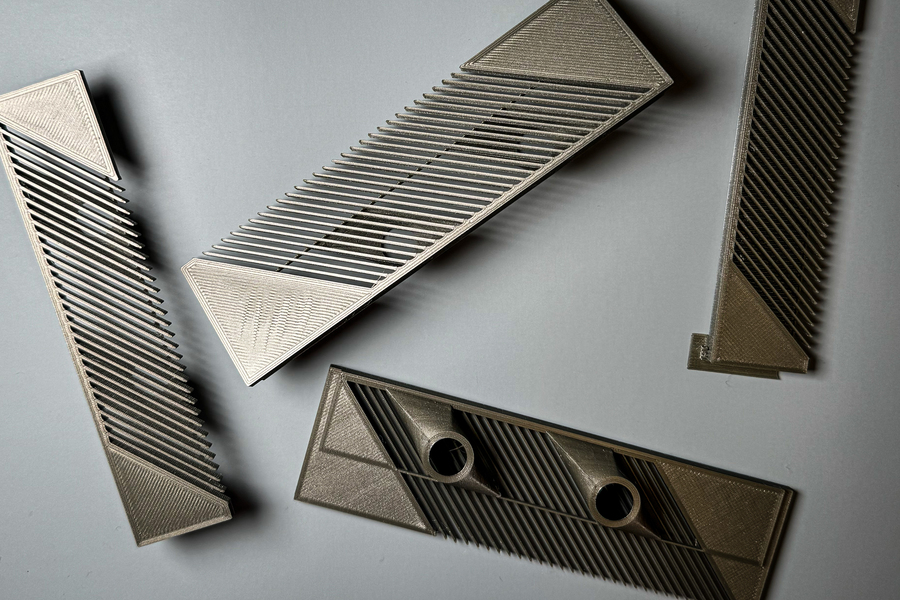2024-11-26 オークリッジ国立研究所(ORNL)
<関連情報>
- https://www.ornl.gov/news/improved-catalyst-turns-harmful-greenhouse-gases-cleaner-fuels-chemical-feedstocks
- https://www.nature.com/articles/s41467-024-50729-8
ニッケル-ゼオライト触媒の金属-担体相互作用を調整することで、メタンの乾式改質時の安定性が向上する Tuning metal-support interactions in nickel–zeolite catalysts leads to enhanced stability during dry reforming of methane
Junyan Zhang,Yuanyuan Li,Haohong Song,Lihua Zhang,Yiqing Wu,Yang He,Lu Ma,Jiyun Hong,Akhil Tayal,Nebojsa Marinkovic,De-en Jiang,Zhenglong Li,Zili Wu & Felipe Polo-Garzon
Nature Communications Published:03 October 2024
DOI:https://doi.org/10.1038/s41467-024-50729-8

Abstract
Ni-based catalysts are highly reactive for dry reforming of methane (DRM) but they are prone to rapid deactivation due to sintering and/or coking. In this study, we present a straightforward approach for anchoring dispersed Ni sites with strengthened metal-support interactions, which leads to Ni active sites embedded in dealuminated Beta zeolite with superior stability and rates for DRM. The process involves solid-state grinding of dealuminated Beta zeolites and nickel nitrate, followed by calcination under finely controlled gas flow conditions. By combining in situ X-ray absorption spectroscopy and ab initio simulations, it is elucidated that the efficient removal of byproducts during catalyst synthesis is conducted to strengthen Ni–Si interactions that suppress coking and sintering after 100 h of time-on-stream. Transient isotopic kinetic experiments shed light on the differences in intrinsic turnover frequency of Ni species and explain performance trends. This work constructs a fundamental understanding regarding the implication of facile synthesis protocols on metal-support interaction in zeolite-supported Ni sites, and it lays the needed foundations on how these interactions can be tuned for outstanding DRM performance.



